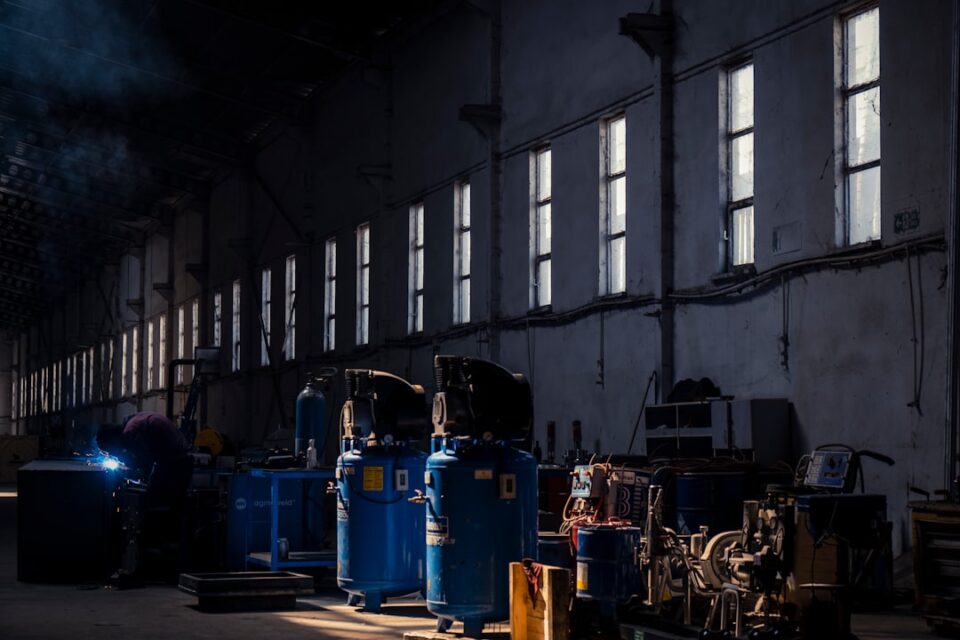Global manufacturing is a complex and intricate process that involves the production of goods on a massive scale to meet the demands of consumers all around the world. With the rise of globalization and advancements in technology, manufacturing processes have become more interconnected and interdependent, leading to a number of challenges that companies must navigate in order to succeed in the global marketplace.
One of the biggest challenges of global manufacturing is the increasing competition from low-cost countries. As companies seek to lower production costs and increase profit margins, they often outsource manufacturing to countries with lower labor costs and less stringent regulations. While this may seem like a cost-effective solution in the short term, it can lead to a number of long-term issues such as quality control problems, supply chain disruptions, and intellectual property theft.
Another challenge that global manufacturers face is the need to adapt to rapidly changing consumer preferences and market trends. With the rise of e-commerce and social media, consumers are now more informed and empowered than ever before, leading to greater demand for customization, personalization, and sustainability in the products they purchase. This puts pressure on manufacturers to be more agile and flexible in their production processes in order to keep up with changing consumer demands.
Supply chain management is also a major challenge for global manufacturers, as they must navigate complex networks of suppliers, distributors, and logistics providers in order to ensure that products are delivered to customers on time and in the right condition. Disruptions in the supply chain, whether due to natural disasters, political unrest, or other unforeseen circumstances, can have a significant impact on a company’s ability to fulfill orders and meet customer expectations.
Quality control is another key challenge for global manufacturers, as they must ensure that products meet the highest standards of quality and safety in order to protect their brand reputation and avoid costly recalls or legal liabilities. With production processes becoming increasingly decentralized and fragmented, maintaining consistent quality across multiple sites and suppliers can be a daunting task for manufacturers.
Intellectual property protection is also a major concern for global manufacturers, as they must safeguard their trade secrets, patents, and copyrights from theft and infringement in an increasingly competitive and interconnected marketplace. With the rise of cybercrime and industrial espionage, companies must invest in robust security measures to protect their valuable intellectual property assets from malicious actors.
Environmental sustainability is another pressing challenge for global manufacturers, as they must balance the need to reduce their carbon footprint and minimize waste with the demands of mass production and global distribution. With increasing scrutiny from consumers, regulators, and advocacy groups, manufacturers are under pressure to adopt sustainable practices and reduce their environmental impact in order to remain competitive in the marketplace.
Labor practices and human rights issues are also a concern for global manufacturers, as they must ensure that workers are treated fairly and ethically throughout the supply chain. With growing awareness of labor abuses in the manufacturing industry, companies face increasing pressure to improve working conditions, pay fair wages, and eliminate forced labor and child labor from their operations.
In conclusion, the challenges of global manufacturing are vast and complex, requiring companies to navigate a myriad of issues in order to succeed in the global marketplace. By addressing these challenges proactively and implementing robust systems and processes, manufacturers can position themselves for success in an increasingly competitive and interconnected world.

